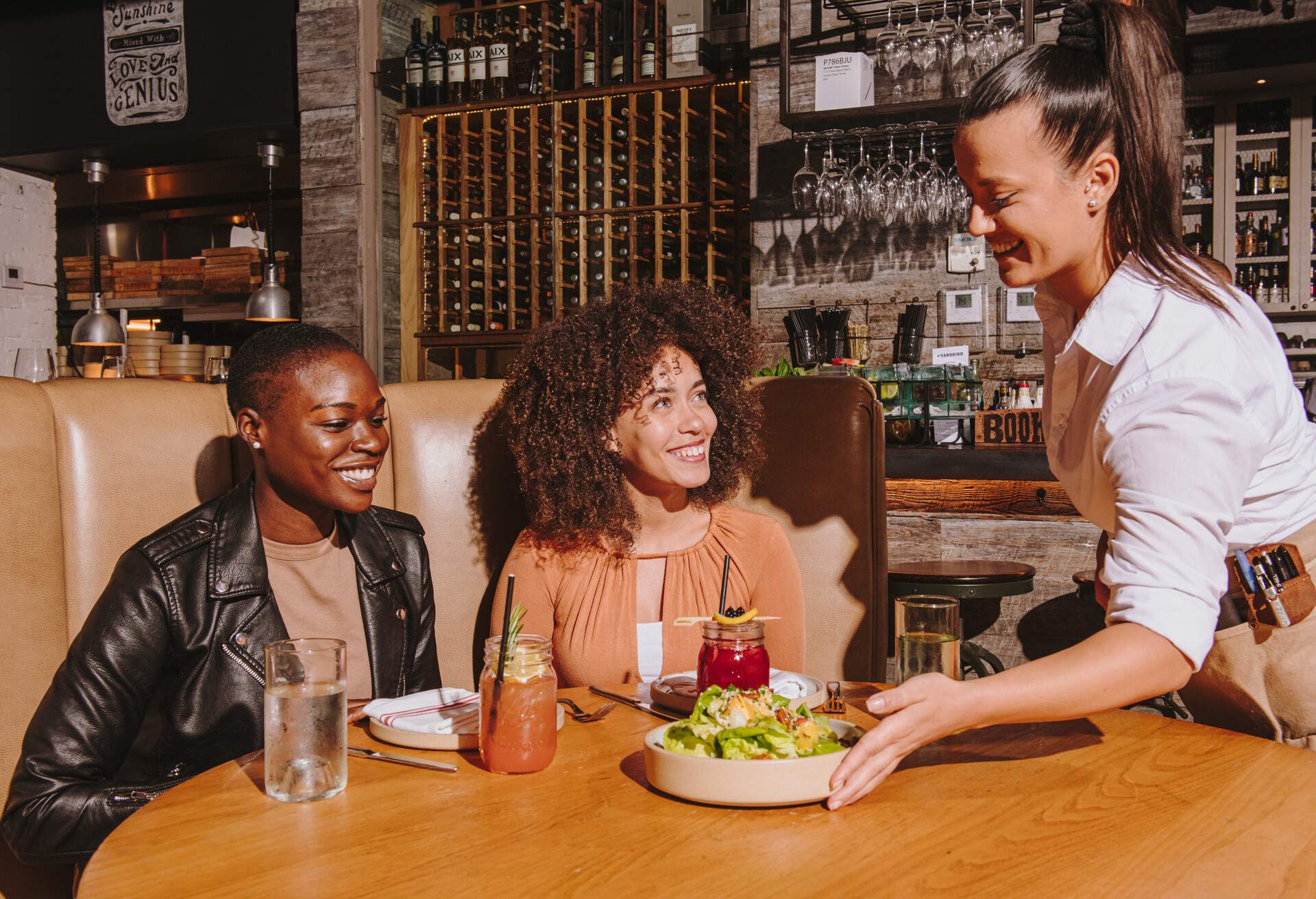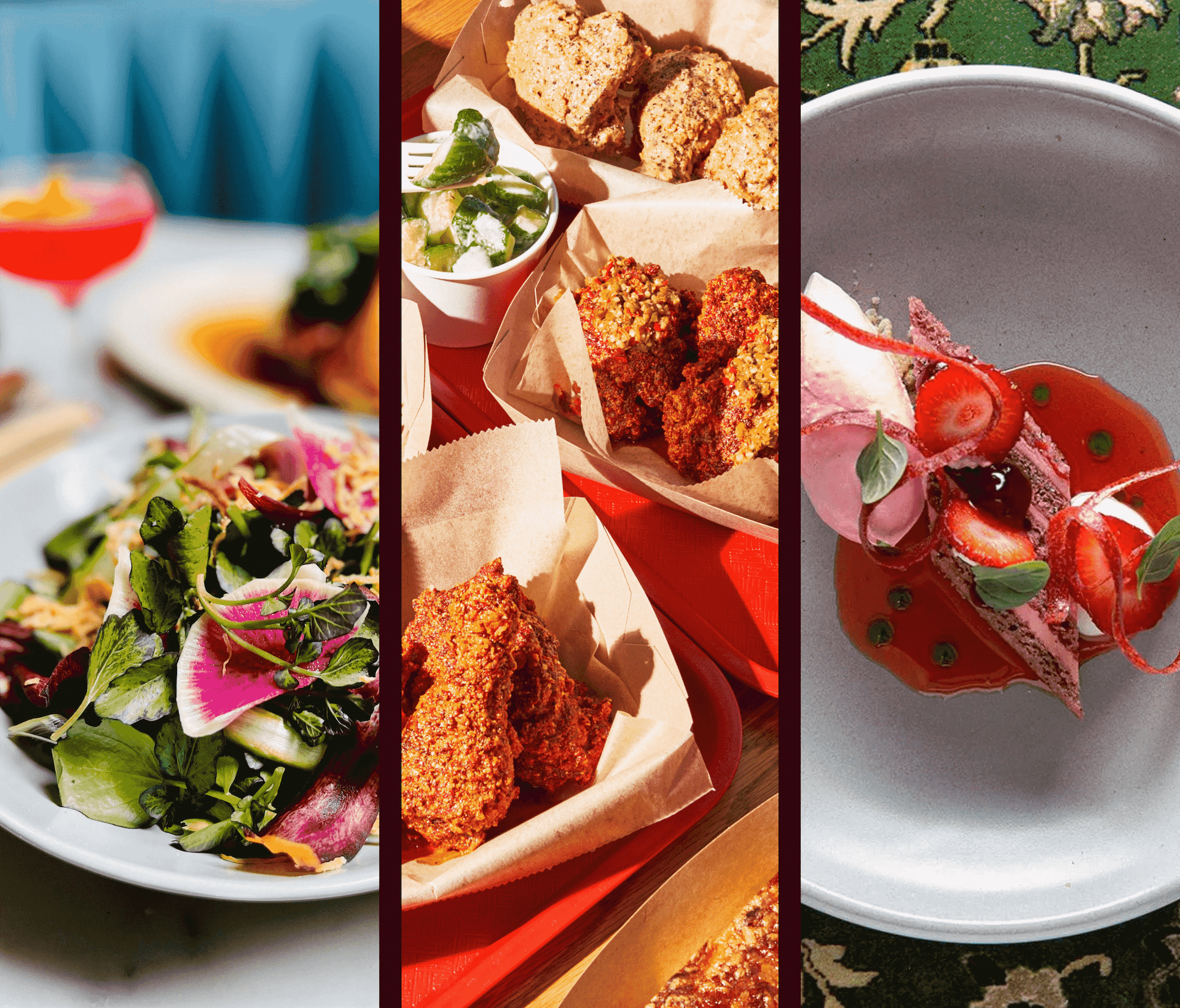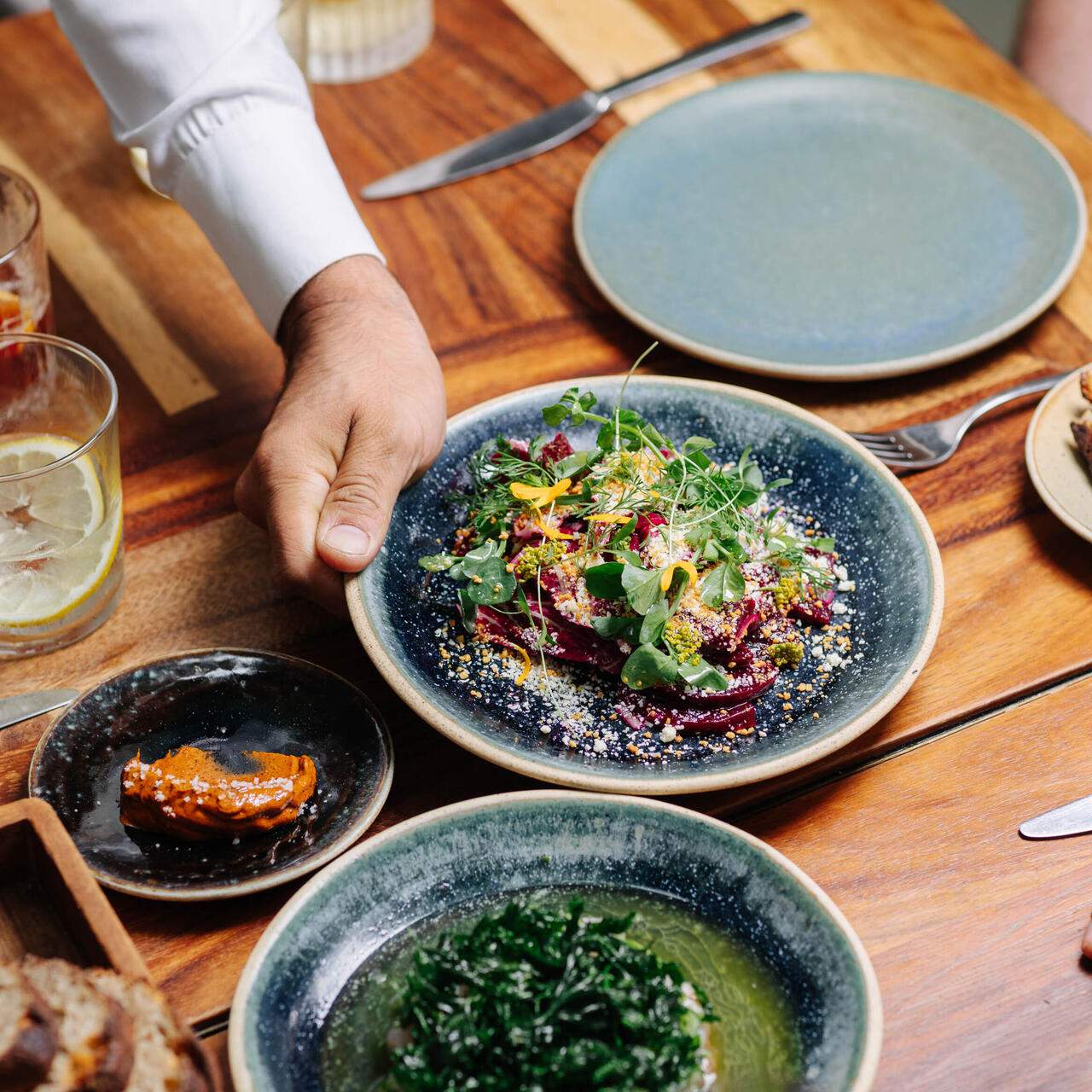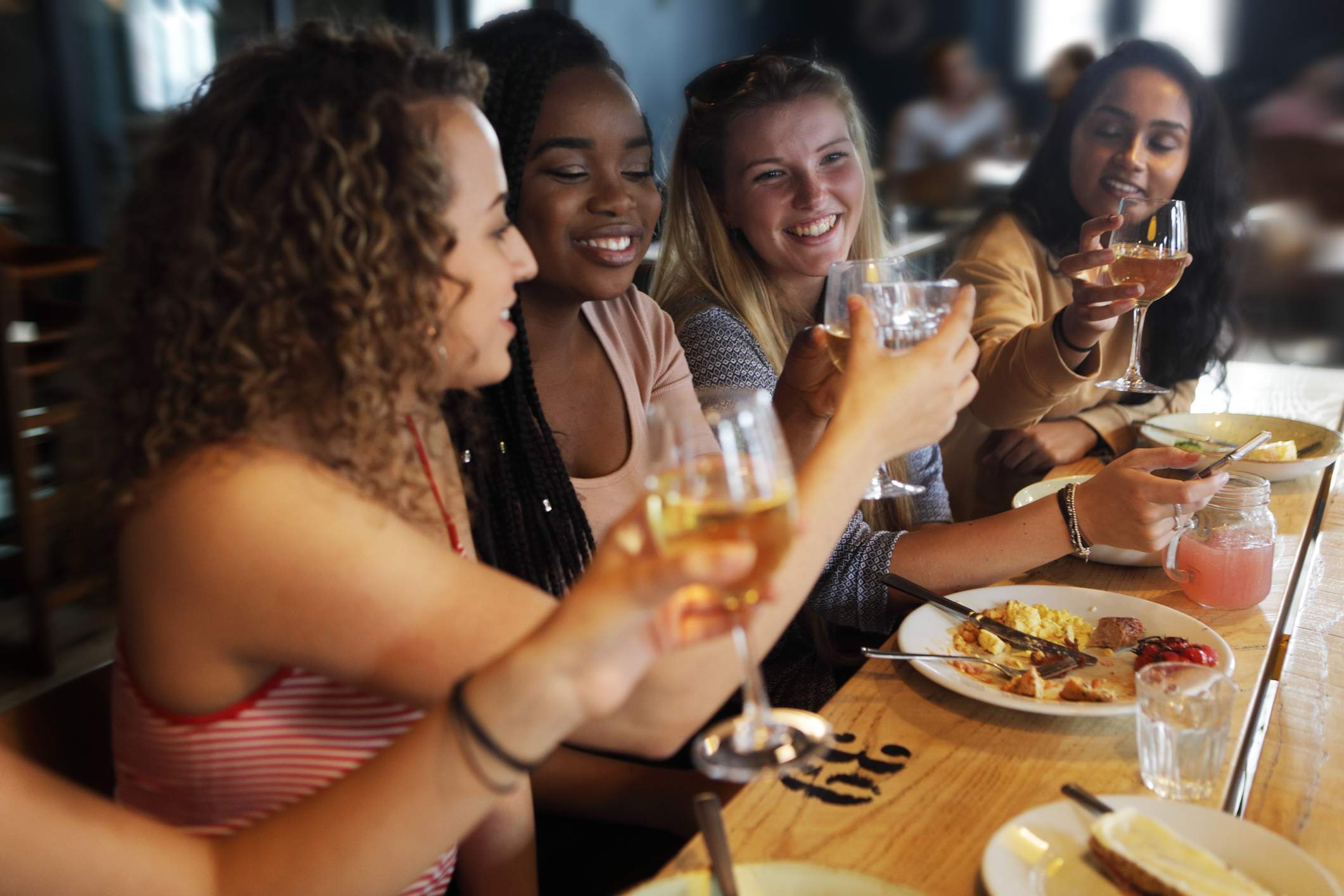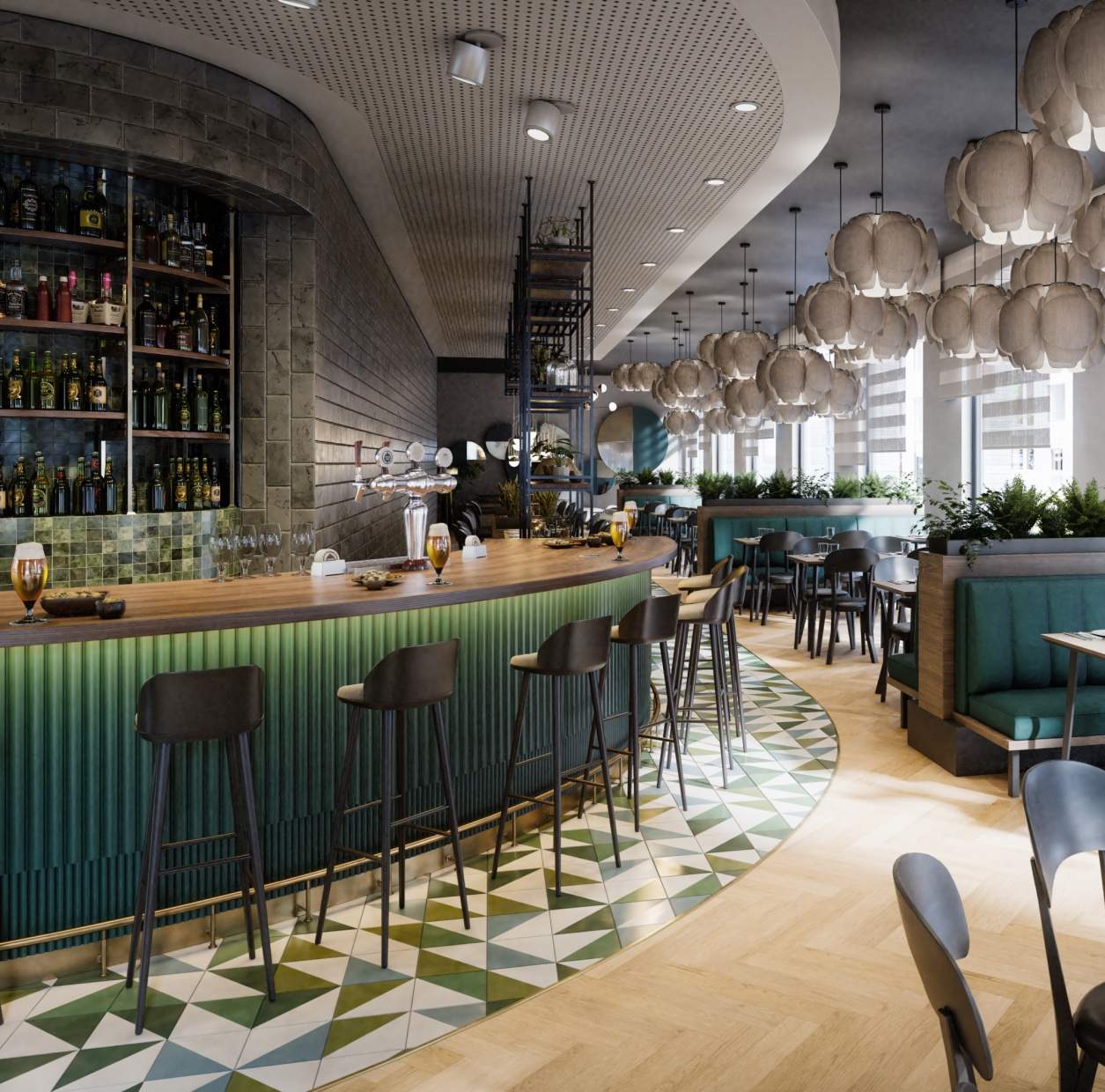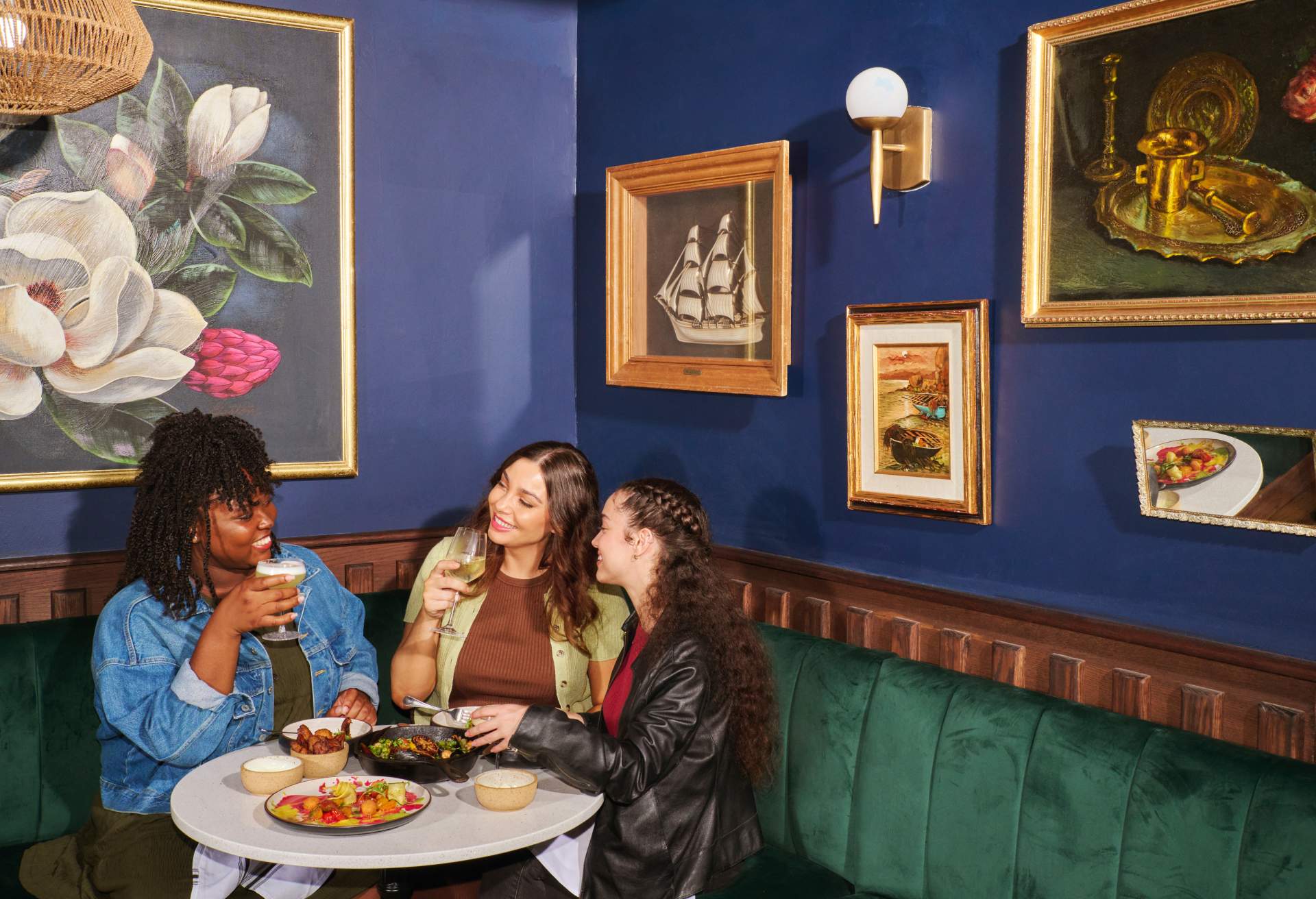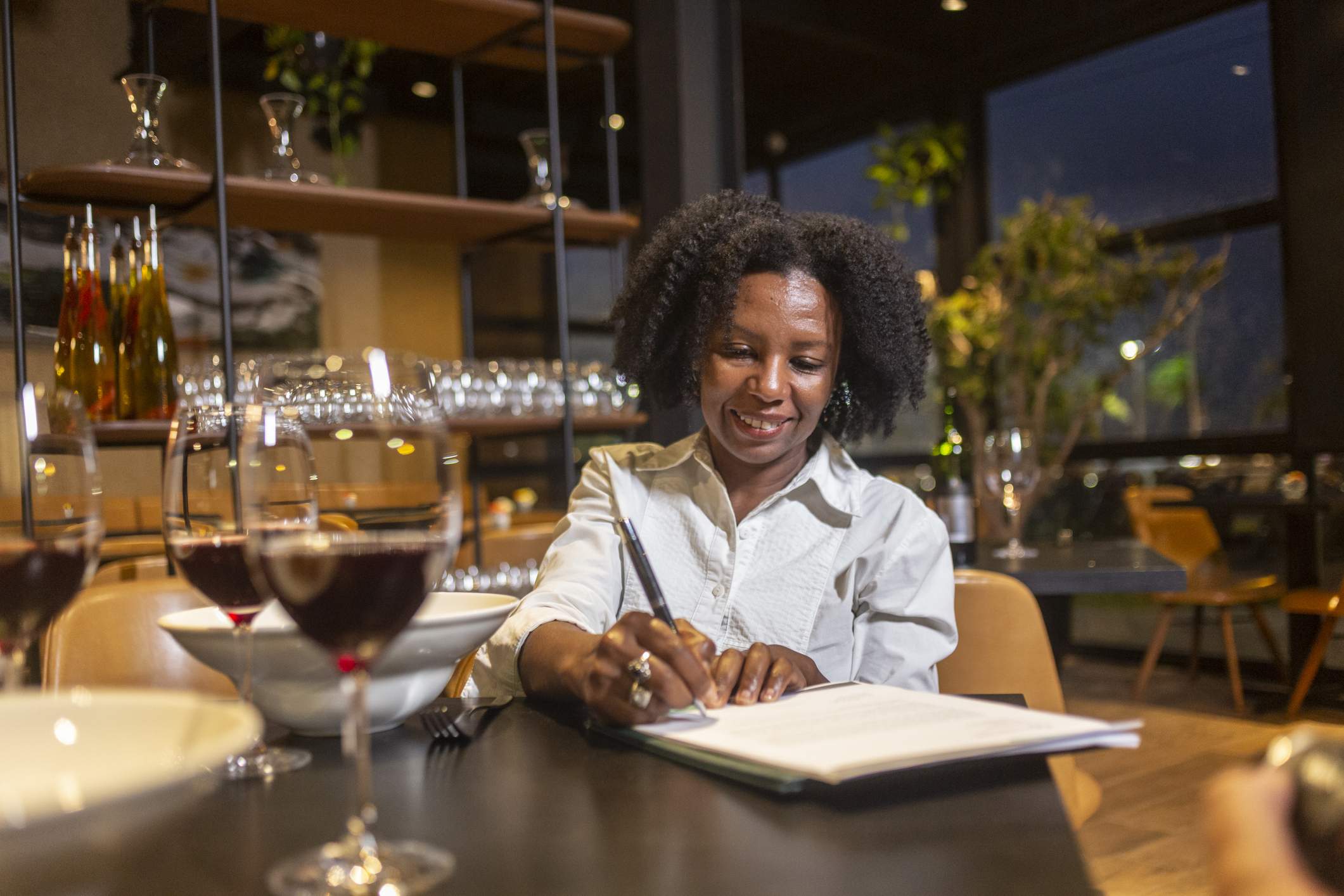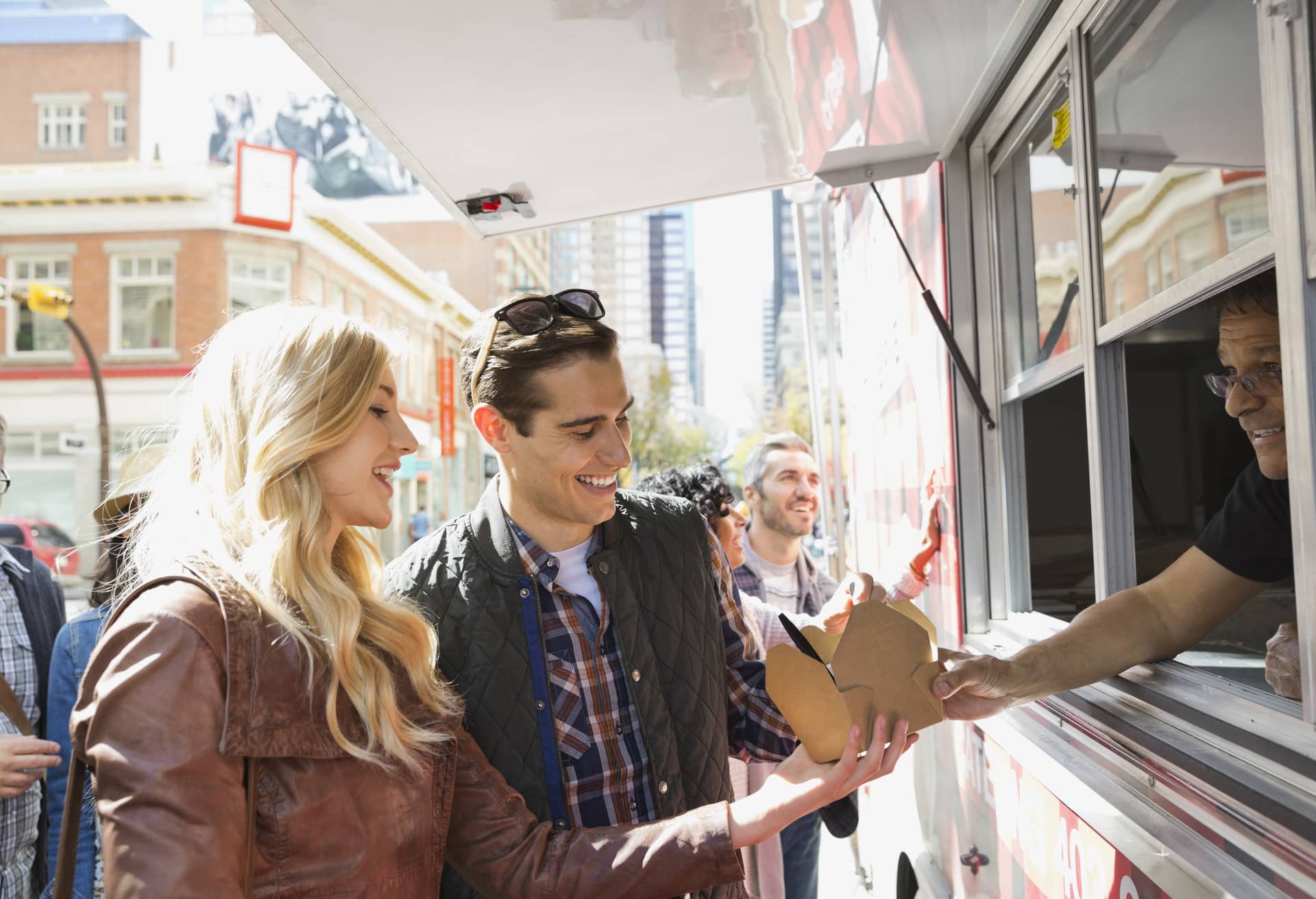A feast of restaurant resources
Get tools, tips, and fresh ideas for running a successful restaurant—all in one place.
Sharpen your know-how
Get advice and tactics from top industry authorities.
A starter kit for restaurants
Launching a restaurant is an ambitious project. Learn how it’s done step by step right from the beginning.
Spread the word
Learn how to bring new guests to the table with the latest tech, tools, and ideas for every marketing budget.
Logistics tune-up
How to iron out operations for shifts smooth as butter.
Get the latest resources to help power up your hospitality.
By signing up, you agree to our privacy policy. You also agree to receive marketing communications from OpenTable about news, events and promotions. You can unsubscribe from OpenTable emails at any time.
